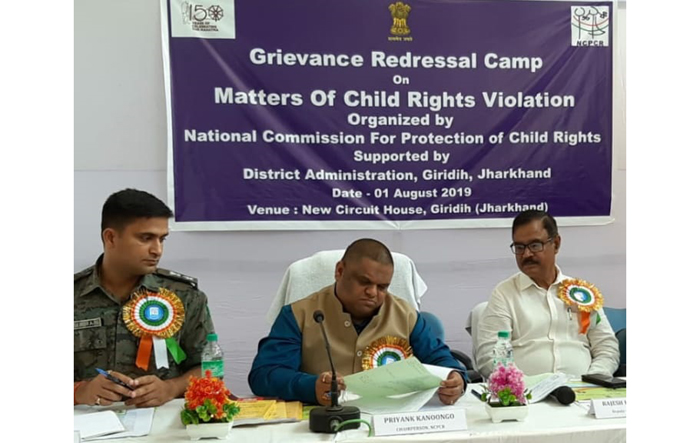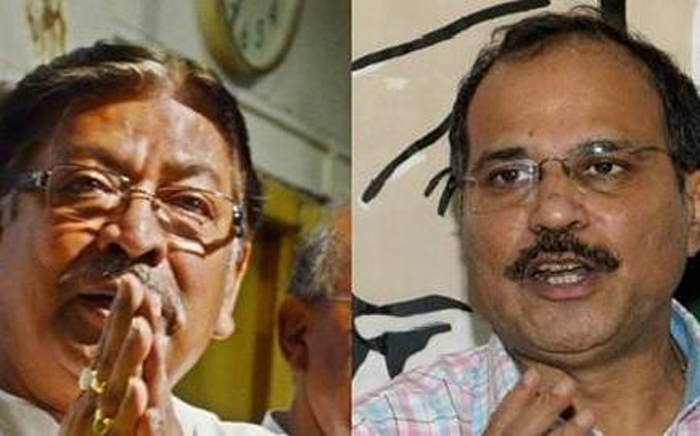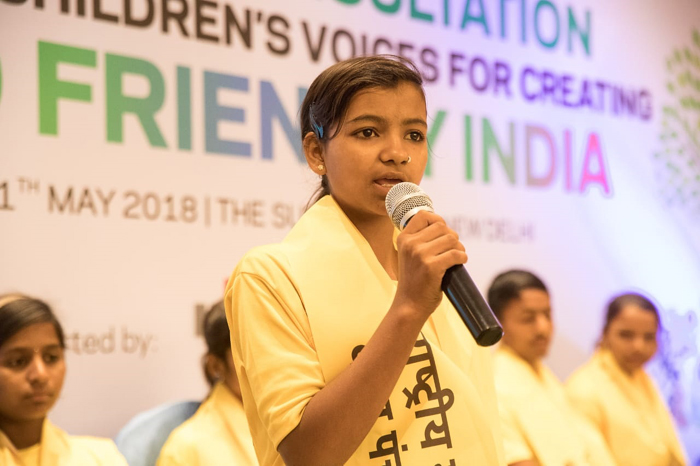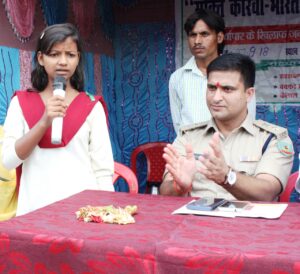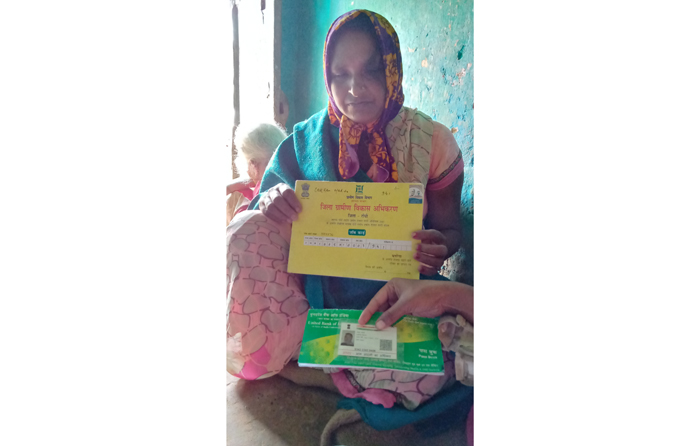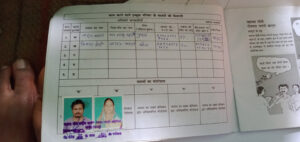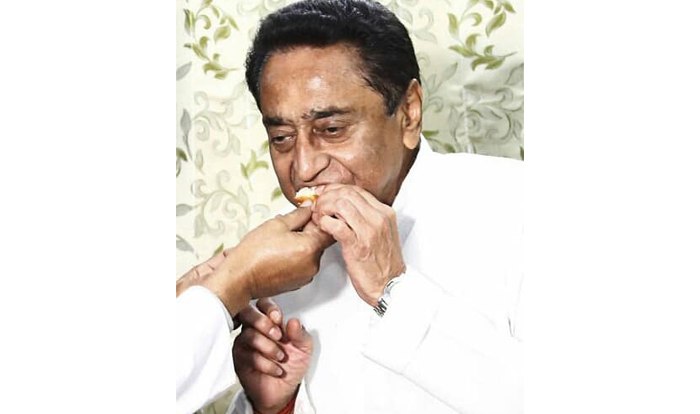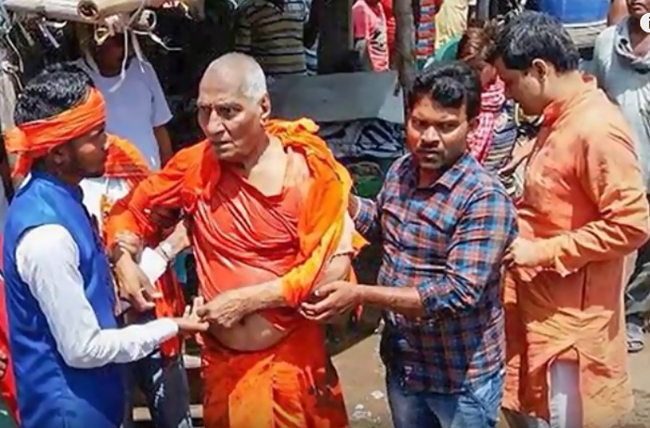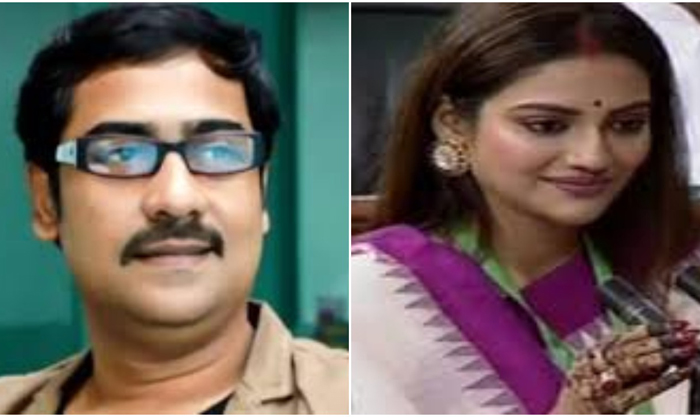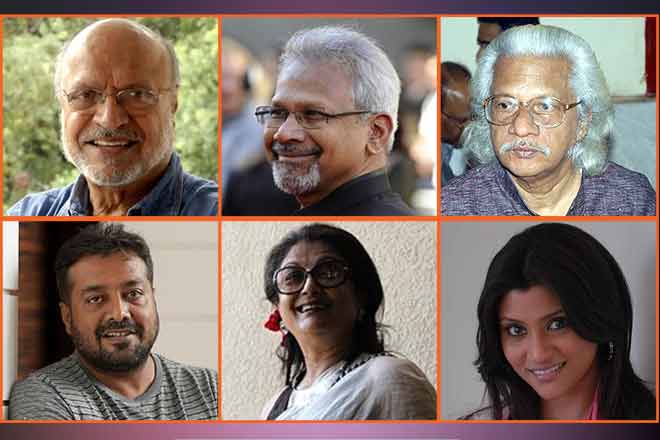Ranchi: More than 4500 children are picking mica in Giridih, Koderma and Nawada districts of Jharkhand and Bihar, and are deprived of going to schools, acknowledged Priyank Kanoongo, Chairman of the National Commission for Protection of Child Rights (NCPCR) after holding a child rights hearing in Giridih.
While talking to the media persons, he said that Giridih and Kodarma district administration have been ordered to rehabilitate these children immediately. He also said that the order has also been ordered to file a lawsuit against those who are using child as labour.
The large number of children still involve in mica (dhibra) picking is significant as at least 6 different groups and non-government organization (NGO)s are claiming to work in these areas for the eradication of child labour.
The timing of NCPCR visiting Giridih and Koderma area is also significant as a teenage girl Champa Kumari has been recognized internationally for her works in the field of child rights.
It seems there are thousands Champa Kumari out there in the fields who are still looking for supporting hands to reach school and live a better life.
"The protection of the rights of the children is not possible without taking legal action against the offenders," said Chairman Kanoongo.
Watch NCPCR Chairman Priyank Kanoongo speaks:
In Giridih, he said that in front of the commission, more than 200 cases of child rights violations have been reported.
"We fixed a time frame for Giridih district administration to settle the cases," Kanoongo added.
He mentioned that most complaints received remain of children's rights violations in connection with schools and Anganwadi centers.
The chairman mentioned that after seeing cases of child rights violations in mica production area, the commission will also look after cases in coal, iron ore and other sectors.
Chairman Kanoongo informed that the members of the commission are travelling around the country and looking after the child rights violation cases.
The NCPCR team also conducted On the Spot grievance redressal hearing for the rights of children at New Circuit House, Giridih.
In the court, mainly cases of lack of resources have been raised. While complaints about child labour, violation of Pocso Act, JJ (Juvenile Justice) Act, child trafficking remained negligible.
And no case of child sexual harassment has been reported too.
The two hundred cases were education, health, social welfare, anganbadi and other sectors.
The NCPCR chairman was accompanied by Deputy Commissioner Rajesh Kumar Pathak and Superintendent of Police Surendra Kumar Jha.


